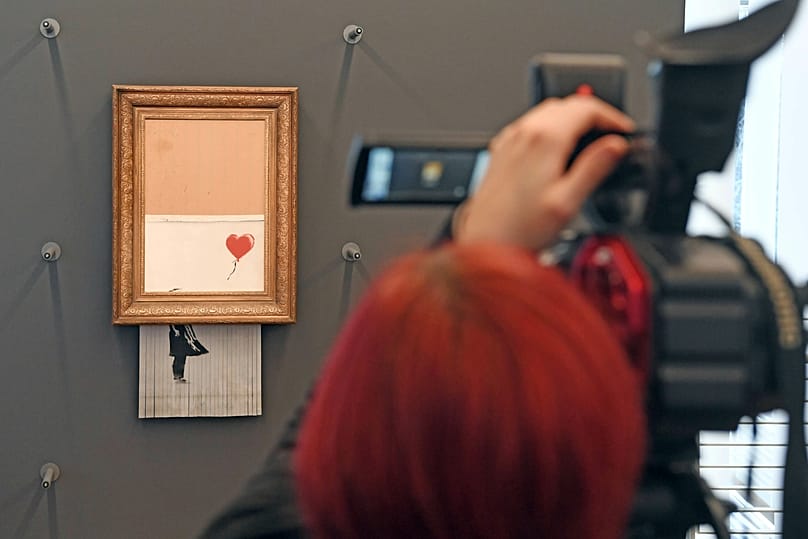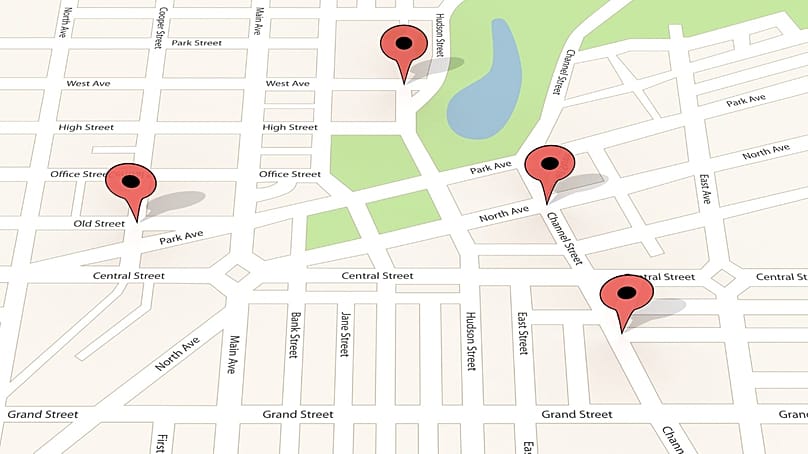Know your ‘Benching’ from your ‘Shrekking’? A depressing glossary of modern dating terms and trends

If buzzy dating terms and trends are anything to go by, 2025 hasn’t made relationships sound too appealing.
Granted, the course of true love never did run smooth and all that, but considering how modern dating in a digital age leaves many confused, disillusioned and frequently reporting that it’s akin to wading through the bin juice of humanity, it’s hardly surprising that the ever-growing relationship glossary veers towards the negative.
New words are routinely popping up to describe the evolving landscape, ramping up online discourse on how dating and relationships aren’t always something to celebrate. For instance, Vogue writer Chanté Joseph recently wrote a viral article titled “Is Having a Boyfriend Embarrassing Now?”, in which she explores – amongst other things - the growing trend of how heterosexual women are avoiding showing their boyfriends on social media, as they “don’t want to be seen as being all about their man, but they also want the clout that comes with being partnered.”
“Being partnered doesn’t affirm your womanhood anymore,” states Joseph, adding: “It is no longer considered an achievement, and, if anything, it’s become more of a flex to pronounce yourself single.”
The op-ed has sparked conversation - in some cases outcry - and paints a vivid portrait of how complicated nuances of dating have become, and how the perceived value of relationships has been distorted in the process. It's this knottiness that is untangled by the increase of new terminology, which reveals that up-to-the-minute language is necessary to express current struggles brought about by dating apps. The outlook can feel crushing, leading to the proposition that social media may have ruined romance for generations who have to deal with “throning”, “cushioning” or even “Shrekking”.
Confused?
Don't be, as some of the concepts and behaviours aren't new. They've just been labelled, something which in itself can seem purely superficial - thereby letting technology off the hook, as relationships have never been for the faint of heart.
That said, many words stem from complications inherently linked to dating in a digital age, which is why we’ve compiled a handy (and hardly flattering) guide to these modern terms.
NB: At no point do any members of the Euronews Culture team align with these dispiriting and often toxic practices.
Banksying
A term that comes from the name of elusive British street artist Banksy and which refers to deliberately and slowly withdrawing from a partner, without telling them about it. When the break-up finally arrives, the "Banksyer" has the upper hand, having mentally checked out long ago, while the other partner is left blindsided. The name mirrors how Banksy's works fade away with time or are purposefully destroyed, like the shredding of 'Girl With Balloon' at auction in 2018. Aptly, that artwork was retitled 'Love is in the Bin' once it had publicly been 'destroyed'.
Benching
Treating someone as a backup, like a substitute player kept on the bench, as the person either explores better options or simply isn’t ready to commit to a relationship. The person doing the “benching” gives the "benched" just enough attention to keep them interested, while simultaneously looking around. Ie: Stringing someone along.
Breadcrumbing
This term works alongside "benching" as it involves giving someone small and intermittent bursts of attention to keep them interested, without any real intention of committing to a relationship. It often reveals that the person doing the "breadcrumbing” simply likes the attention and doesn’t want to stop flirting with the “breadcrumbed”, who needs to stay single for the interest they provide. Ie: Stringing someone along.
Cloaking
Not showing up for a date and blocking all communication online.
Cushioning
Flirting with others while in an established relationship in order to have “cushions” or "safety nets", so that the transition to a new partner is easier.
Dry begging
When one person in the relationship asks for things indirectly, dropping vague hints without being upfront about what they want. Essentially, a cry for attention and validation while not communicating properly, thereby avoiding taking ownership of the need. If done unintentionally, it reveals a fear of vulnerability or that one's desires will be brushed aside. Done intentionally, however, it can guilt-trip the other into feeling a sense of shame and can be considered manipulation.
Kittenfishing
A smaller form of catfishing, by which one misleads others by telling lies when presenting themselves on dating apps.
Loud Looking
Unlike "benching", "breadcrumbing" and "cushioning", "loud looking" is when a person who is in a relationship makes it very clear that they’re keeping their options open by openly flirting with others.
Monkey barring
This term alludes to partners moving from connection to connection, only letting go of one relationship once they’ve moved onto the next.
Pocketing
Avoiding introducing a romantic partner to friends or not posting about your relationship online, to either keep your relationship hidden or obscuring the fact that you’re in one to begin with.
Shrekking
A dating tactic named after everyone's favourite green ogre. It refers to a person settling for someone they're not attracted to or who doesn’t meet their standards. This is done in the hope that the person will treat them better in return, or that the person doing the “shrekking” will put themselves on a pedestal above their partner to create a dynamic of power. And if a person is “shrekked”, it means that they dated below their standards and still got hurt. Considering the practice, it feels like it serves them right.
Snowmanning
Rushing into a relationship with someone during the wintertime and dumping them once spring rolls around.
Throning
Intentionally dating someone to benefit from their clout or social circle. The person raises their status and influence through the other, regardless of emotional connection.
ZIP coding
The act of setting up a tight radius on dating app filters, meaning the person only dates within their area code. In some cases, this can refer to a person considering themselves single when they see other people outside their region.















